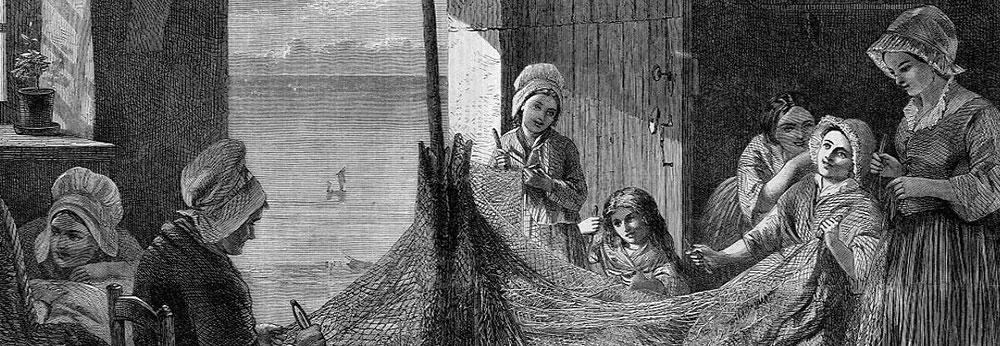January 2016
caresses and lullabies
3 January 2016, around 13.12.
And you have to realize that you cannot hope to console yourself for your grief by writing. You cannot deceive yourself by hoping for caresses and lullabies from your vocation. In my life there have been interminable, desolate empty Sundays in which I have desperately wanted to write something that would console me for my loneliness and boredom, so that I could be calmed and soothed by phrases and words. But I could not write a single line. My vocation has always rejected me, it does not want to know about me. Because this vocation is never a consolation or a way of passing the time. It is not a companion. This vocation is a master who is able to beat us till the blood flows, a master who reviles and condemns us.
4 January 2016, around 15.56.

No one is telling me that I must like this book, and that is just as well because I do not. This book, Marguerite Duras’ Yann Andréa Steiner is not a bad book, but it is a self-indulgent one, and it approaches the reader with the watery over-familiarity of acknowledged eminence and suffering, for which the reader is assumed to feel a humble appreciation, awe, desire, and sympathy. Yes, well, the world is a vale of suffering – you have suffered – but what do you mean to do about it (besides wringing your hands and crying aloud eheu, eheu! before collapsing on the shoulder of an attractively dangerous 1 young person)? This same complacent passivity, this will-to-suffer (or perhaps, will-to-be-overwhelmed-by-the-evil-of-the-world) and have one’s suffering admired is the same reason I do not like what little I’ve read of Modiano. What call is there, really, for a reader to witness this suffering, that is both too great and too little to be shoved into the girdle of a novella? I have no patience for it.
And there, the book had ended.
That Theodora was too much for a book. Too much.
You said, ‘Too little, perhaps.’ (109)
And if you aren’t able to speak of it, if you aren’t able to make a story of it, if it is too much, too little, or too much of enough, well then, begad, stop fussing! 2
- Or monstrously virile.[↩]
- I will admit, however, that reading a collection of Muriel Spark short stories did not put me in the best frame of mind to appreciate what Duras was up to. Then again, I very much doubt I was the intended or ideal reader of the book in any case. [↩]
ennui ensues
6 January 2016, around 5.02.

Peter Toohey’s Boredom: A Lively History is a competent bit of work, hitting the key surface points of the topic, from Aristotle to Heidegger, with an obligatory early twenty-first-century excursus on neuroscience. It is, as the acknowledgements give away, a commissioned book – an editor’s idea of something that might appeal to a popular audience (perhaps along the lines of Wendy Wasserstein’s rather more whimsical Sloth); it does not quite deliver on its potential. 1
- Indeed, some of Toohey’s readings of non-Classical material seem a bit, well, counterintuitive. I do not, for instance, agree that the ‘Cactus-Lover’ is a portrait of boredom – indeed, seldom have I seen a better portrait of contentment. I had intended to write more about the book but found myself succumbing to mere cattiness and so desisted: be thankful.[↩]
Poe
19 January 2016, around 5.29.
a lyric elixir of death
embalms
the spindle spirits of your hour glass loves
on moon spun nightssets
icicled canopy
for corpses of poesy
with roses and northern lightsWhere frozen nightingales in ilix aisles
sing burial rights
Citation (53)
25 January 2016, around 15.43.

There is a legend about a prisoner sentenced to solitary confinement for life. He spent years scratching a boat on the wall with the handle of a prison spoon. One day, they brought him his water, bread, and gruel, as usual, but the cell was empty, and the wall was blank. He had climbed into his scratched boat and floated away.
The novel is a boat. Words have to be revived so the boat can be genuine. So it can be climbed into and float out of this lonely life and go where we are loved and awaited. Saved. Taking me us all my heroes. And the reader.
—Mikhail Shishkin (The Calligraphy Lesson,
‘In a Boat Scratched on a Wall’, p. 169)
